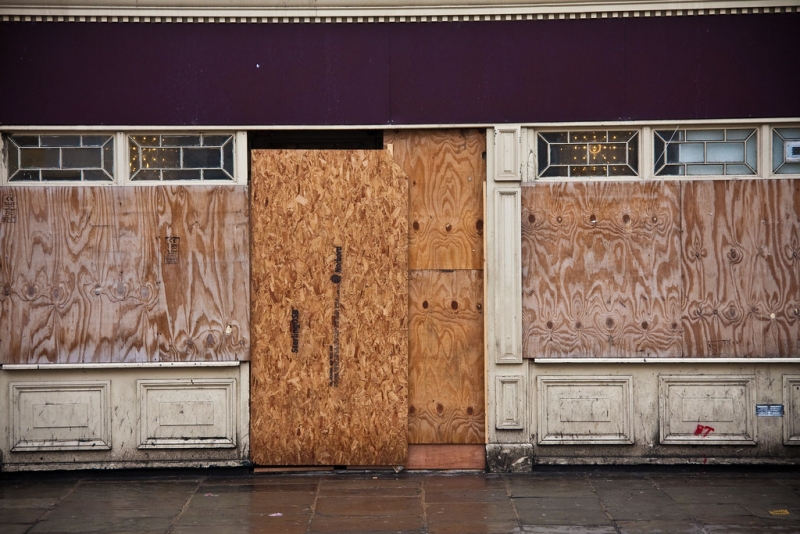Covid-19: proposed expansion to the moratorium on action against tenants
24 April 2020

During the afternoon of 22 April 2020 the government announced its intention to introduce measures to curb the use of statutory demands and CRAR (Commercial Rent Arrears Recovery – the process of sending in a bailiff to recover rent without court proceedings) via the forthcoming Corporate Insolvency and Governance Bill. This will augment and extend the existing restrictions imposed upon landlords as set out in the Coronavirus Act 2020 ("the Act") in light of the coronavirus outbreak and the knock-on effect on businesses as a result of the lockdown measures introduced by the government in March 2020.
To recap briefly, the Act introduced emergency (and temporary) provisions to protect commercial tenants from the effects of cash-flow problems during the lockdown. We reported and commented on this here. In summary, the Act prohibits forfeiture of commercial premises on the grounds of rent arrears until 30 June 2020 (subject to extension, depending on what the landscape will look like at that time). Accordingly, while rent remains due and owing, landlords are prohibited from recovering possession until the end of June 2020.
Although the measures are designed to help businesses recover from the inevitable economic downturn caused by Covid-19, there have been concerns that landlords will suffer a "knock-on" effect if they cannot recover possession and/or arrears during this period, particularly if tenants were to use the Act to avoid paying rent even if not in financial difficulties.
On the other hand, the Act prohibits forfeiture only on grounds of rent arrears. Surprisingly, forfeiture on other grounds are not prohibited (see our comment on this here. Most commercial leases provide that tenant insolvency is a ground for the landlord to forfeit the lease. Furthermore, it is commonly the case that the insolvency trigger can be activated by the tenant simply being served with a (valid) statutory demand, being the precursor to bankruptcy or winding up (depending on whether the tenant is an individual or company respectively). For a creditor landlord to serve a statutory demand on a corporate tenant debtor the tenant would only need to be in debt of £750 or more. A statutory demand for the debt could ultimately lead to recovery of arrears and/or of possession.
In light of this apparent loophole, the government's plan appears to be to render void (on a temporary basis) all statutory demands (and winding up petitions) issued to commercial tenants.
Similarly, it is understood that the government intends to limit the ability of landlords to exercise their right of CRAR (Commercial Rent Arrears Recovery), the replacement process for out-of-court rent recovery which (in 2014) replaced the landlord's right to distrain for rent.
Full details are not available yet at the time of preparing this article. However, we understand that the new measures are consistent with the policy of trying to keep businesses open and solvent (and possibly to keep claims out of court to ease administrative pressures on the justice system). The government's stated aim is for landlords and investors "to work collaboratively with high street businesses unable to pay their bills during COVID-19 pandemic".
Comment
This will be good news for most commercial tenants and landlords trying to find a pragmatic solution to the crisis. Landlords may well prefer to accept reduced or late rent rather than have empty, unlettable units (and potential rates liabilities). However, there is scope for tenants to take advantage of the proposed measures by ceasing rent payments (even if they are able to pay) in the knowledge that landlords are prohibited not only from possession proceedings but also for insolvency proceedings against non-paying tenants.
If you are a landlord considering taking action, or a tenant whose landlord has threatened action, please contact either Michael Ellis or Alexandra Sollohub for assistance.



